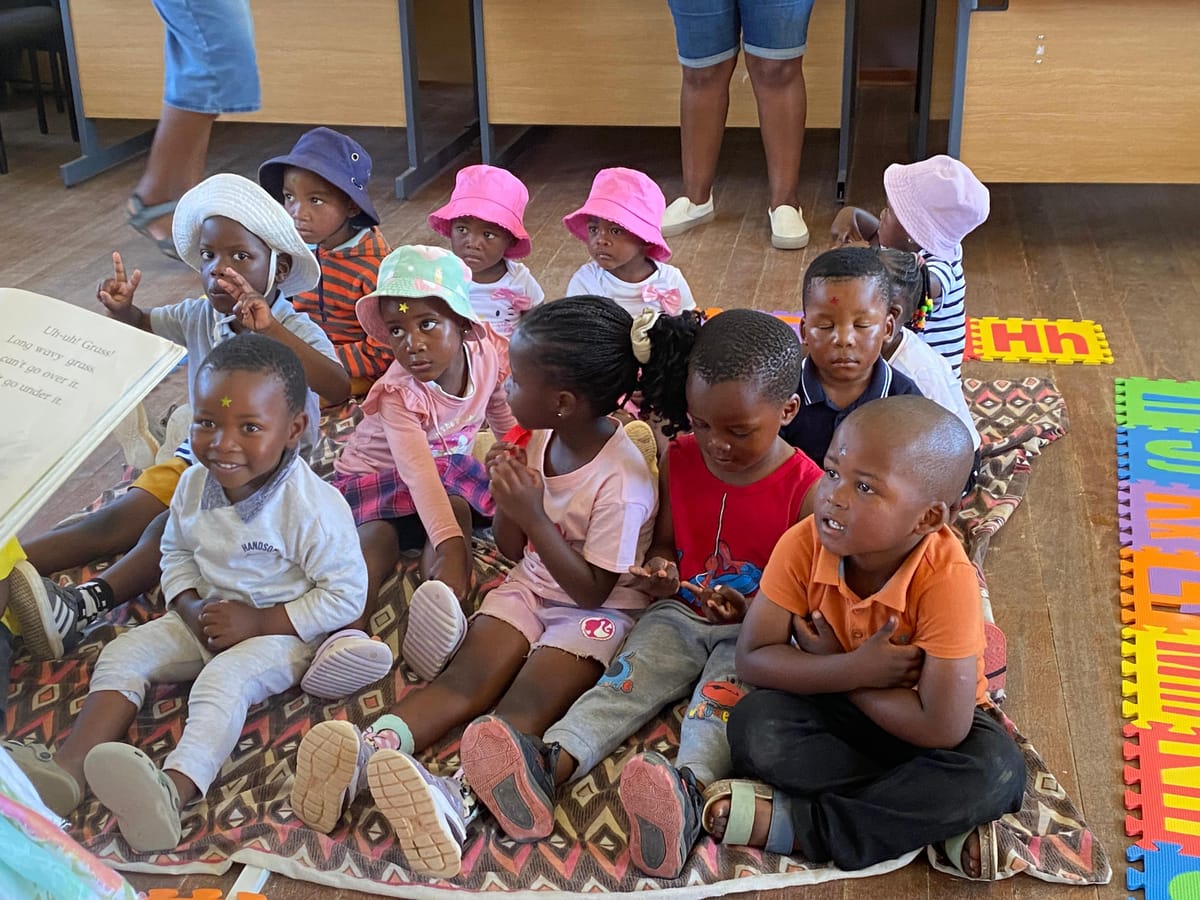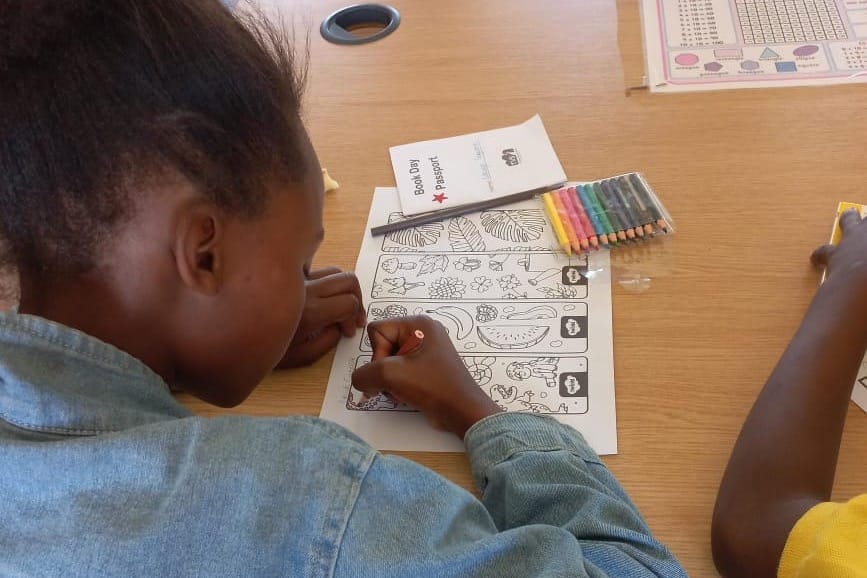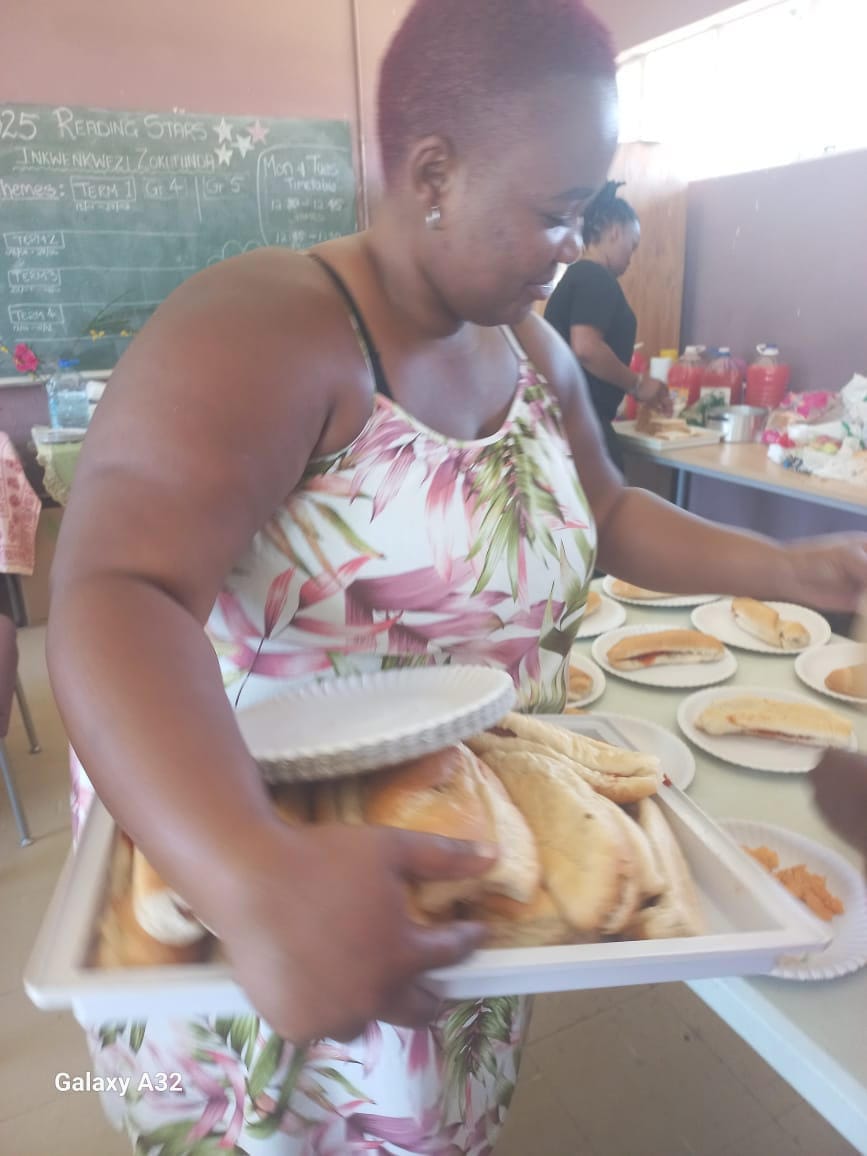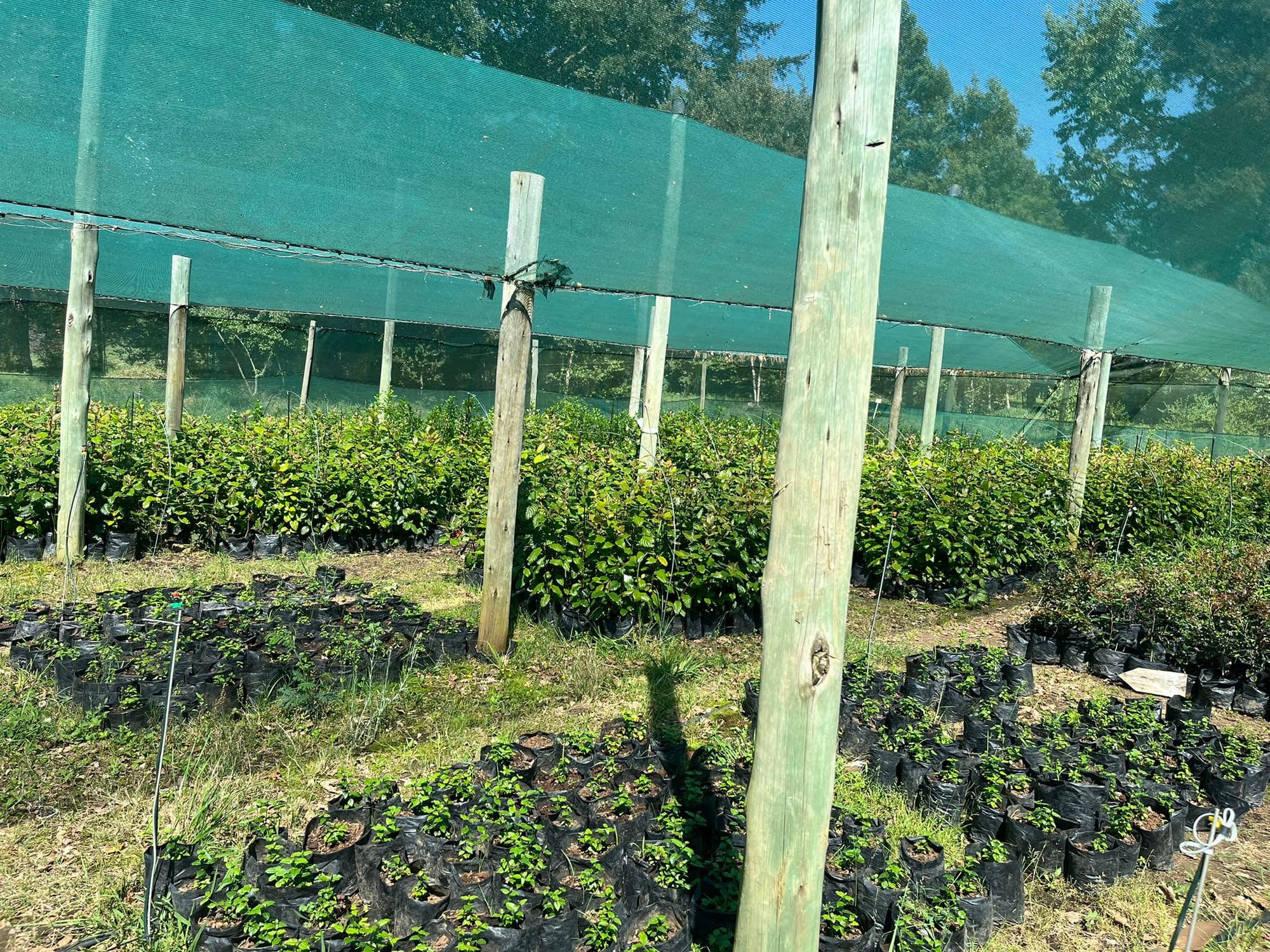The Impact of AIDS on Children in South Africa

Although in developed countries AIDS is no longer seen as the killer that it once was, in countries like South Africa it is a different story. South Africa has one of the world's highest rates of HIV infection, and AIDS and associated illnesses such as TB are the leading cause of death, accounting for 23% of all those reported. The withdrawal of US funding for treatment programmes has made the situation even worse.
The impact of HIV/AIDS presents significant challenges for children. Of the 157 000 children living with HIV in South Africa, around one in three are not getting the medicines they need to stay healthy. 81% of all diagnosed people are on treatment, but only 76% of diagnosed kids are. And of all people on treatment, 92% have viral suppression, but only 77% of kids on treatment are virally suppressed. (Spotlight: 26th May 2025 | Elri Voigt)

As well as those children living with AIDS there are many who face loss, stigma, and barriers to education due to the epidemic. Those who are affected may be orphaned or live with relatives, often in poverty, facing emotional and psychological stress. Access to schooling is frequently disrupted, and stigma can isolate these young people from their peers.
The Tyume Valley Schools Development Association (TVS), which is based in Battle, East Sussex, stands as a beacon of hope, working tirelessly to create a brighter future for children affected by HIV/AIDS living in a rural area in the Eastern Cape. Recognising their specific needs, the organisation has developed a holistic approach that addresses both academic and personal development and is dedicated to improving the educational and social prospects of all children.

Key activities and interventions include:
· Educational Support such as learning support assistance for those who have fallen behind due to illness or caregiving responsibilities.
· Nutritional Aid: to ensure that no child goes hungry and all are able to concentrate in class.
· Counselling and Emotional Support to help children process grief, loss, and discrimination.
· Community Engagement: Workshops and awareness campaigns providing accurate information, encouraging compassion and understanding.
· After-School Activities: giving children a safe space to express themselves, build friendships, and develop talents outside the classroom.

TVS’s interventions have seen marked improvements in school attendance and performance among children affected by HIV/AIDS. Stories abound of young people who, thanks to TVS’s support, have gone on to complete their education and become community role models.
One such story is that of Lindiwe, a young girl who lost both her parents to HIV/AIDS at an early age. With the support of TVS, she was able to attend school regularly and focus on her studies. Through after-school arts activities, Lindiwe gradually rebuilt her confidence and found new friendships.

Encouraged by her teachers and peers, she excelled academically and eventually became the first in her family to finish secondary school. Today, Lindiwe volunteers with TVS, helping other children navigate similar challenges and inspiring hope in her community.
Despite its successes, TVS faces ongoing challenges. Funding constraints, the scale of need, and the deep-rooted stigma associated with HIV/AIDS require innovative solutions and continued partnership with local and international supporters. TVS remains committed to expanding its reach and deepening its impact.
To learn more and help us make a difference visit justgiving.com/campaign/tvsaids
Or contact m.g.kiloh@gmail.com to buy one of these beadwork badges:

Support independent LGBTQ+ journalism
Scene was founded in Brighton in 1993, at a time when news stories about Pride protests were considered radical. Since then, Scene has remained proudly independent, building a platform for queer voices. Every subscription helps us to report on the stories that matter to LGBTQ+ people across the UK and beyond.
Your support funds our journalists and contributes to Pride Community Foundation’s grant-making and policy work.
Subscribe today




Comments ()